Reports emanating from Israel of late suggest that Iran, Israel’s arch enemy, is gradually withdrawing its forces from Syria and that pro-Iranian militias there are also pulling out. If these reports are true, a major source of tension in the Middle East will have been removed and Israel will have scored a major victory over Iran, the predominant Shi’a power in the region.
This development comes on the heels of a significant acceleration of Israeli air raids directed at Iranian military targets in Syria in the past few weeks.
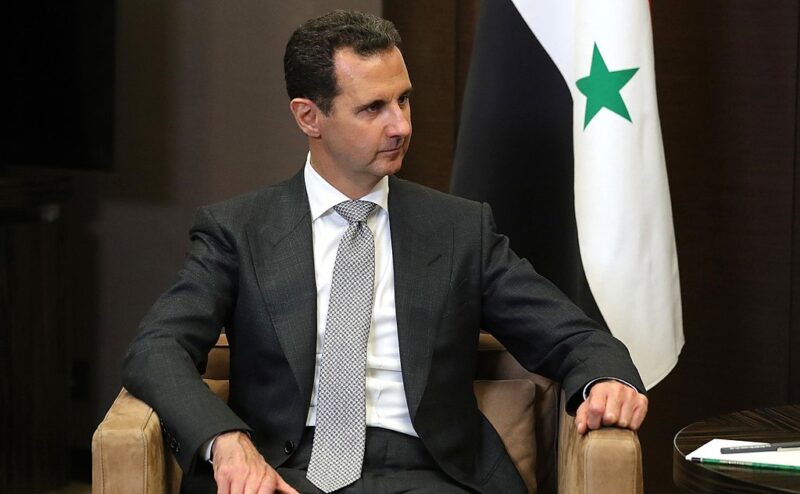
Iran, Syria’s chief ally in the Arab world, has been dispatching troops and Shi’a militias to Syria since the outbreak of the civil war in 2011. Iran intervened in the conflict at the invitation of Syrian President Bashar al-Assad, whose Baathist regime at one perilous point lost control of much of its territory to the Islamic State organization and homegrown rebels backed by the United States, some Western powers, a few conservative Arab states aligned with the U.S. and Turkey.
Iran’s intention was to prop up Assad’s government. Tehran’s objective was shared by both Russia — which has had a close relationship with Syria since at least the early 1960s — and Hezbollah, a Lebanese Shi’a movement/militia which fought a month-long war with Israel in the summer of 2006.
In exchange for Iran’s valued support, Assad allowed the Iranians to build a network of bases and installations throughout Syria intended to serve as a springboard for attacks against Israel, whose existence and legitimacy Iran categorically rejects.
Hezbollah, previously preoccupied with Israel, dispatched an expeditionary force to Syria to help Assad regain land wrested away by rebels. In return for Hezbollah’s backing, Syria permitted Iran to supply Hezbollah with military equipment. Iranian weapons and munitions flown to Damascus were transported by convoys to Hezbollah bases in Lebanon.
In the face of these provocations, the Israeli Air Force began attacking Iranian facilities in Syria and bombing Hezbollah convoys heading toward Lebanon. Syria invariably responded to these raids by firing on Israeli jets, forcing Israel to strike Syrian anti-aircraft batteries and bases.
By all accounts, Israel has lunched hundred of air raids in Syria in recent years, destroying Iranian and Syrian military equipment and facilities and killing scores of Iranians and Syrians.
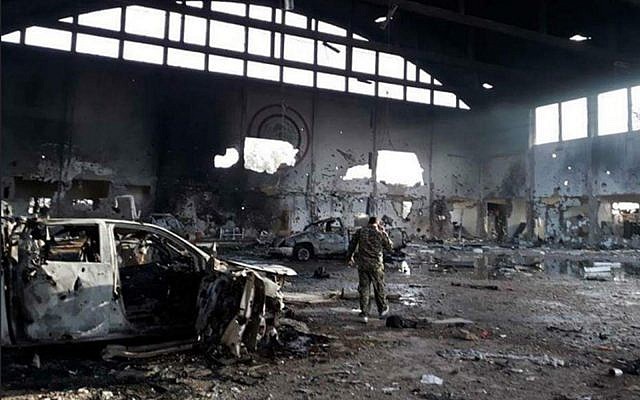
Israel enjoys air superiority in Syria, despite a 2015 deconfliction agreement with Russia to avoid friction and accidental clashes.
Iran has generally refrained from launching counter-attacks, but has sometimes retaliated by sending armed drones toward the Israeli side of the Golan Heights, captured by Israel in the 1967 Six Day War. In incidents of this kind, Israel has upped the ante by targeting Iranian bases in Syria.
Two years ago, after Israel carried out such a reprisal raid, Syrian gunners fired missiles at an Israeli F-16, which crashed in the northern Galilee. It was the first Israeli aircraft to be brought down by enemy fire in more than three decades.
Only once has there been a direct armed clash between Israel and Iran. It occurred in 2018 after the Iranians or their Shi’a proxies fired a barrage of rockets at Israeli army bases on the Golan. Israel responded by pummelling Iranian sites in Syria.
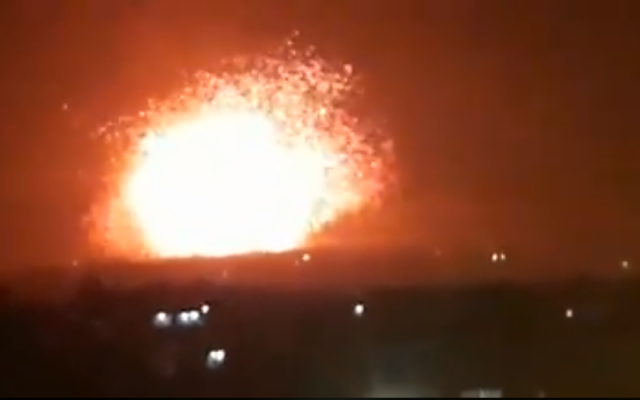
Since January of this year, Israel has redoubled its offensive against Iran. On May 5, Israel struck Iranian bases in eastern Syria, killing 14 Iranians and allied militiamen, according to the Syrian Observatory for Human Rights. It was the seventh Israeli strike in Syria since April.
These strikes took place three months after the United States assassinated the Iranian general Qassem Soleimani, the commander of the Quds Force — an arm of Iran’s Islamic Revolutionary Guards Corps — and a key figure in Iran’s efforts to entrench itself militarily in Syria.
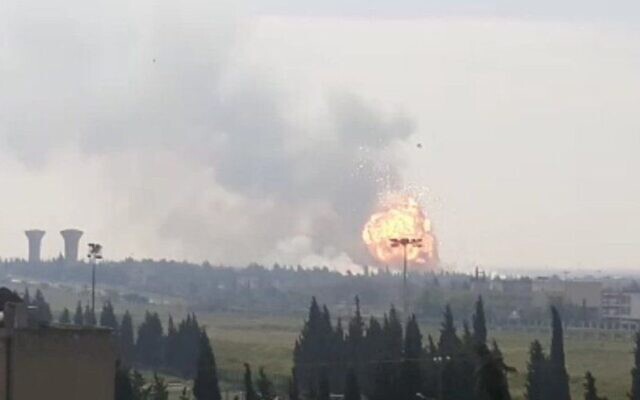
Israel’s latest raids in Syria coincided with the publication of articles in the Israeli media that Iranian forces have begun to pull out of Syria by closing bases and withdrawing soldiers and members of militias loyal to Iran.
Israel has adopted a more aggressive position toward Iran since Prime Minister Benjamin Netanyahu appointed Naftali Bennett as minister of defence.

On April 28, Bennett made an important announcement. “We have moved from blocking Iran’s entrenchment in Syria to forcing it out of there, and we will not stop,” he said. “We will not allow more strategic threats to grow just across our borders without taking action. We will continue to take the fight to the enemy’s territory. We’ve gone from a policy of blocking Iran to pushing it out (of Syria).”
Bennett warned that Israel, notwithstanding periodic Russian objectives to its air strikes, intends to exert pressure on Iran until it dismantles its military infrastructure in Syria and withdraws its forces.
“We are determined, more determined than Iran, and I can tell you why,” he added. “For Iran, Syria is an adventure happening 1,000 kilometers away from home. For us, it’s our lives. We will not give up and will not allow the establishment of an Iranian forward operating bases in Syria.”
Constant Israeli military pressure may well have prompted Iran to withdraw men and materiel from Syria. But crippling U.S. sanctions and the coronavirus pandemic, which have both ravaged Iran, may have been factors as well.
Certainly, possible Syrian government misgivings concerning Iran’s policy may have been decisive in tipping the balance in favor of an Iranian withdrawal. Israeli officials have pointed out that Syria is paying a “growing price” for Iran’s presence on its soil. As one official was recently quoted as saying, “Iran has turned from an asset to Syria into a burden.”
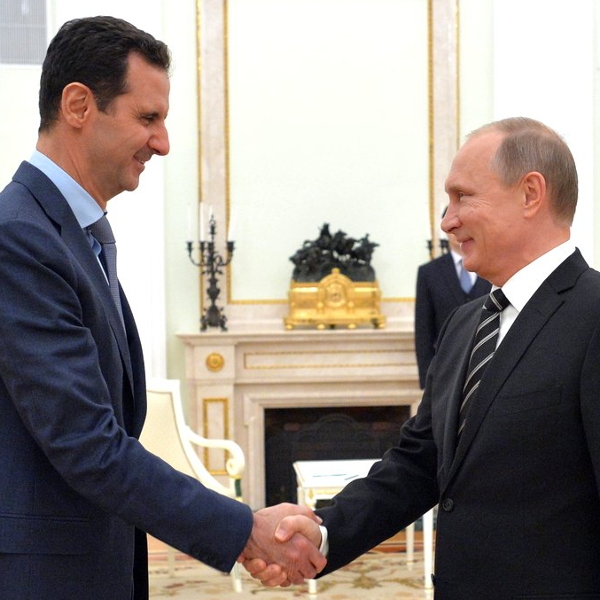
Russian President Vladimir Putin, who has cultivated cordial relations with Iran and Israel, will not be displeased by the most developments. Russian efforts to stabilize Syria have been stymied by Iran’s military activities there.
Russia, however, still has a dim view of Israeli air raids in Syria. Two and a half months ago, Russia’s ambassador to Syria, Alexander Yefimov, condemned such strikes as “provocative and very dangerous.”
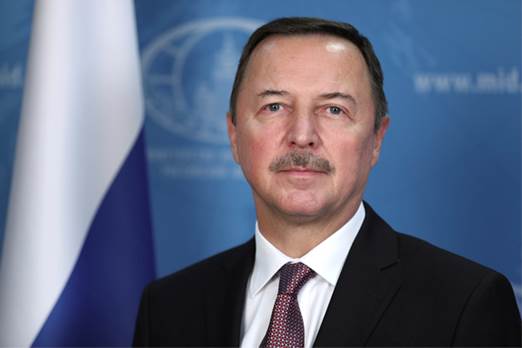
Yefimov issued his condemnation shortly after a Syrian commercial airliner carrying 172 passengers was diverted to Hmeimim, the Russian air base, after Syrian gunners tried to shoot down an Israeli jet on a combat mission in the vicinity.
In 2018, Syria accidentally downed a Russian reconnaissance plane during an Israeli air strike, killing its entire crew. Moscow blamed Israel for the mishap, causing a temporary downturn in its bilateral relations with Russia.
